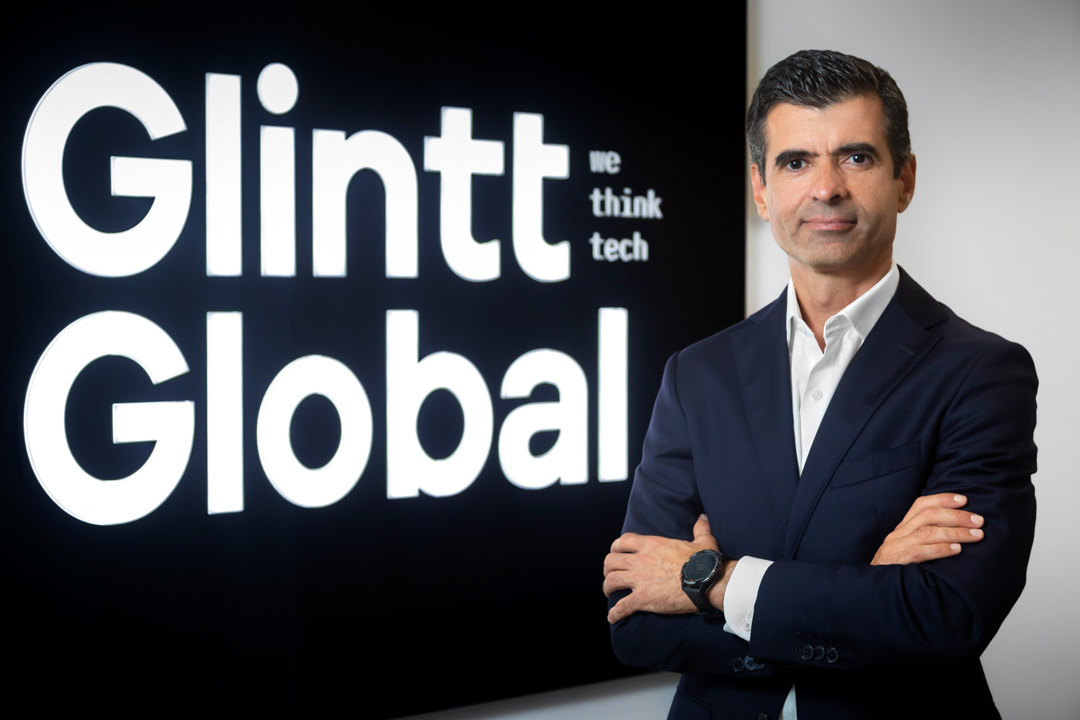The adoption of generative artificial intelligence promises to transform various sectors and could generate economic benefits of up to 4.4 trillion dollars a year. However, the success of these technologies depends crucially on the quality and structure of companies’ data. Challenges such as managing unstructured data, security and integration with existing workflows are significant barriers. Effective strategies include improving data architecture, investing in data engineering talent and using AI to optimise data governance and analysis. Data management is crucial, requiring holistic approaches that address security, privacy and quality to maximise the value of data in the digital age.
Holistic approach
To manage large volumes of data, Paulo Figueiredo, head of Glintt Global’s mData & Gen-AI Centre of Excellence, advocates a robust and scalable structure that ensures not only effective processing and storage, but also the management of increasing data volumes over time, which can entail costs:
“Data privacy and security are also undoubtedly one of the major challenges, with an ever greater and more pressing need to ensure their protection against unauthorised access.” Other issues of a more operational nature, such as the impact of organisation and data quality on the performance and accuracy of AI models, were also pointed out by Paulo Figueiredo as important factors to consider, especially in complex contexts that require great precision:
“Additionally, operational issues, such as the organisation and quality of data, have a direct impact on the effectiveness of AI models.” He goes on to say that poorly organised or low-quality data can lead to inaccurate and ineffective AI models, resulting in wrong decisions that can negatively affect business operations. “It is essential to develop systems that not only organise data in a logical and accessible way, but also maintain its quality through continuous cleaning and validation processes,” says Paulo Figueiredo.
Therefore, when facing these challenges, the head of Glintt Global advocates adopting a holistic approach that includes the technical infrastructure needed to handle large volumes of data, as well as operational practices that guarantee the security, privacy and accuracy of AI systems: “This requires continuous collaboration between data specialists, security engineers, analysts and AI programmers to create solutions that are both scalable and sustainable, allowing organisations to maximise the potential of their data in the digital age.” In conclusion, as companies around the world explore the potential of generative AI, the preparation and strategic management of their data will be decisive in determining their success in this evolving technological landscape.
The lack of reliable data is fuelling fears of missing out on the benefits of AI.
source: Business.it (press)


